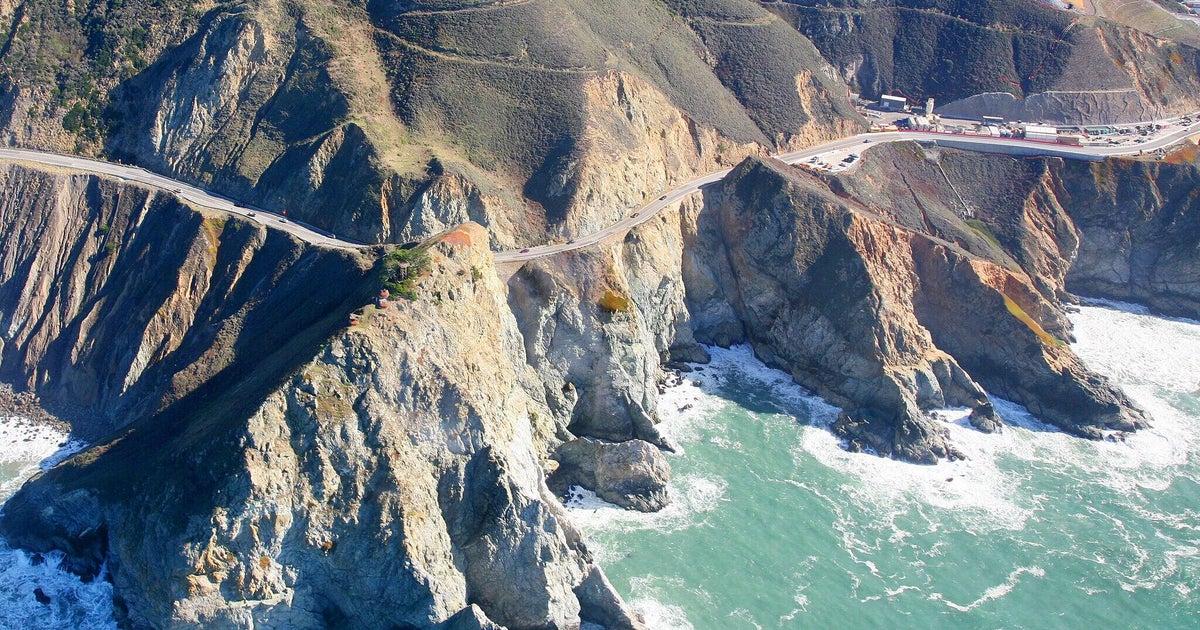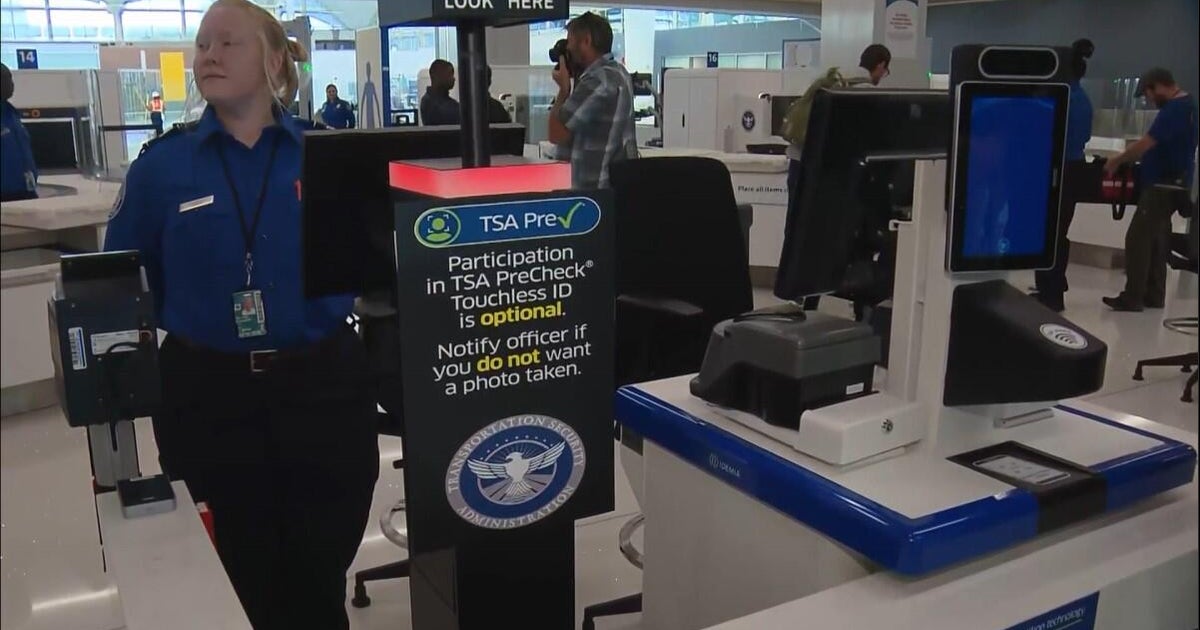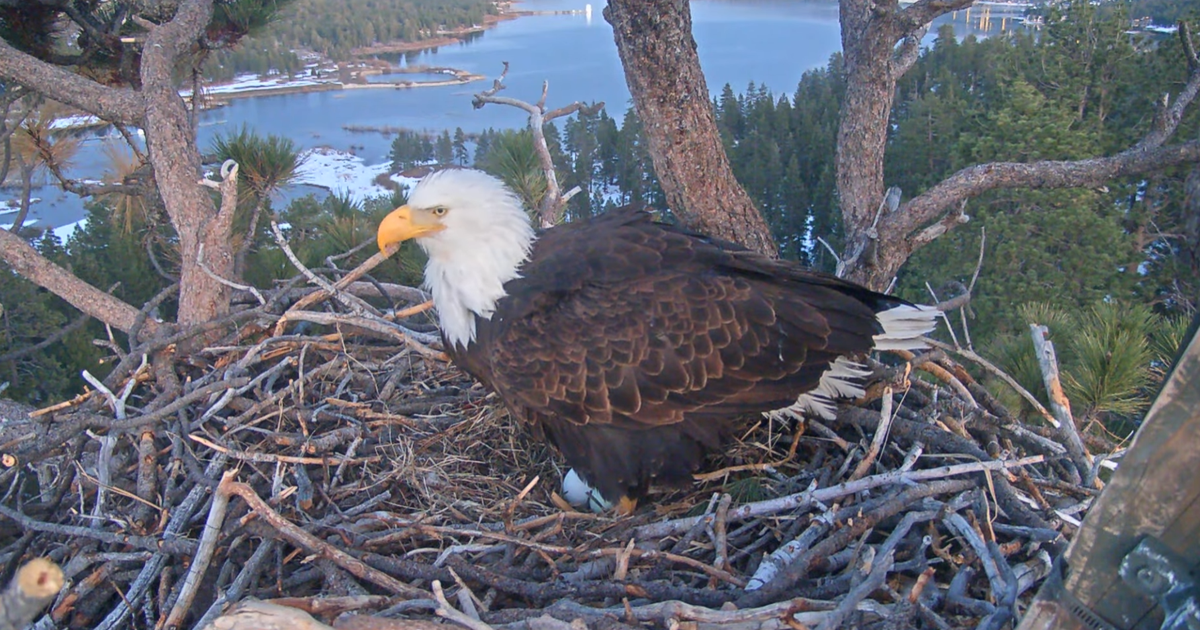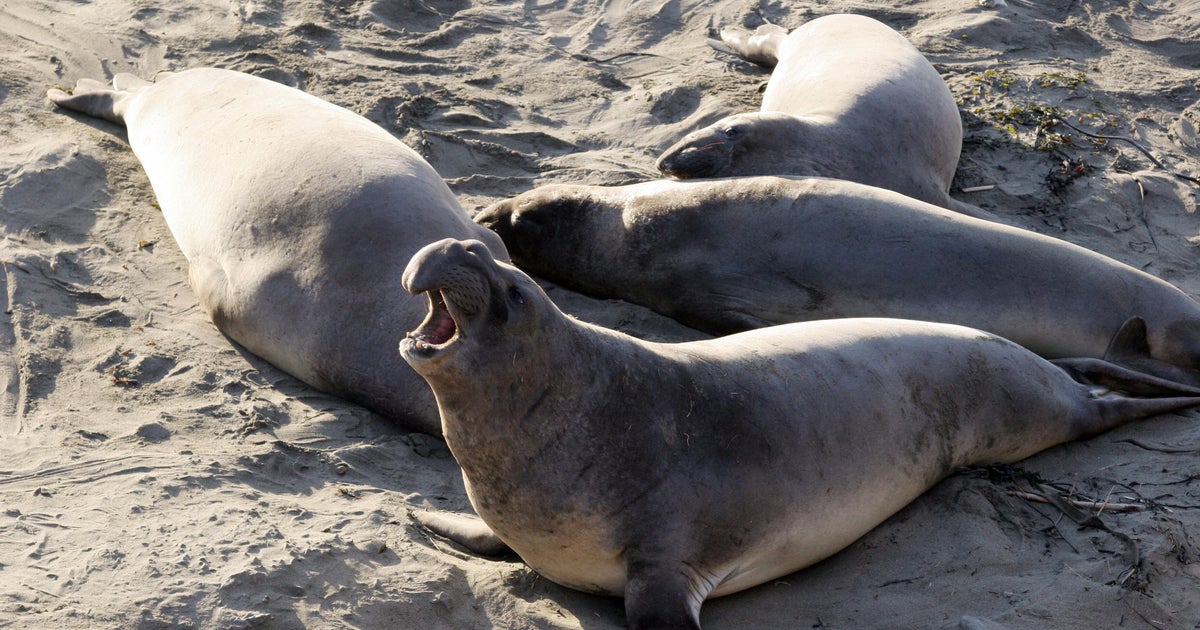Public Beach Or Private Playground? SoCal Landowners Keep Access Limited
SANTA BARBARA (KPIX 5) -- For decades, the beaches at Hollister Ranch, north of Santa Barbara, have been like a distant ship on the horizon – beautiful, alluring, elusive and largely unreachable.
KPIX Original Reports: Beach Out Of Reach
That's because a combination of Mother Nature's defenses – sheer, sandstone cliffs rising 100 feet out of the surf – and man-made ones like gates and security guards have conspired to keep the general public away from this sandy, unspoiled slice of California's coast.
"It's a public beach. And if the public wants to visit it, it holds great beauty that you're not going to find in other places in Southern California," said kayak guide Tamlorn Chase. Chase has just launched a new service, offering guided kayak tours and helping people make the six-mile-round-trip paddle to the beaches at Hollister Ranch.
But the California Coastal Commission has struck a controversial deal with a group of wealthy landowners at Hollister Ranch to settle a decades-long legal dispute over the public's right to access to area known as Cuarta Beach.
Critics of the deal say it sets a dangerous precedent, allowing deep-pocketed property to have what amounts to a private beach.
In 1972, voters approved Prop 20, which rewrote the California constitution enshrining the principle that the coastal zone is a valuable natural resource belonging to all people.
But Hollister Ranch, which had been carved up into prime beachfront property two years before that vote, has been fighting for the past 50 years now to make sure that its private roads and private property aren't used by the public to reach the beach.
"What it is like today is a private playground," said boat owner Pete Hagen. "And I just think it's unfair. And I think there's a lot of human beings who should have the right to use it."
Hagen bought a boat a year ago with dreams of sailing to Hollister with his son and friends. To date, however, he's yet to reach the beach. That's because the pier at nearby Gaviota State Park was knocked out of commission by storms several years ago and was the victim of vandals before that.
Hagen says the nearest harbor is in Santa Barbara – more than 30 miles and several hours away.
"We barely can put enough gas in our boat to do it. It's an all-day affair," Hagen said.
The Coastal Commission's settlement agreement provides access to Cuarta Beach "only by the ocean" – in essence, by surf and paddle boards, kayaks and soft-bottom boats.
"The claims that the settlement offers a benefit for the public are highly strained. The public's rights of access are really not going to be enlarged at all," said Gaviota Coast Conservancy General Counsel Marc Chytilo. The Conservancy voted formally to oppose the deal and plans to speak against it at an upcoming meeting of the Coastal Commission.
Under the agreement, the Hollister Ranch Owner's Association will operate a "managed access program" that will allow roughly 500 schoolchildren, veterans, the disabled and people from under-served communites into the beach each year.
The commission will hold public hearings this week on the settlement, but reaction has already come flooding in. Some have been positive; one email described it as "a world-class example of private conservation."
But most have not been so kind. The commission has been buried beneath wave upon wave of angry emails blasting the deal as "dangerous," warning that it "invites injury," and reminding the commission that "the coast is for everyone" and pleading "please don't gentrify California's treasures."
Kayak guide Tamlorn Chase told KPIX 5 getting to the beach by sea is fraught with danger. "People will die if they don't know what they're doing," said Chase. "A lot of guys stronger than me have been swallowed by this channel."
In a prepared statement, Hollister Ranch Owner Association President Monte Ward commented, "We believe the settlement reflects an appropriate balance of interests – including managed public access to the beach and the continued privacy and security of the Ranch residents."
The managed access program agreed to in the settlement allows for about 500 students a year to study the tide pools in the area, along with another 400 children, disabled and people from "underserved populations" can visit with an approved non-profit - fewer than 1,000 in a state of 40 million.
According to the settlement documents, the Coastal Commission agreed to the managed access program to avoid additional litigation with an uncertain outcome, with limited access being preferred over the chance of losing all public access







